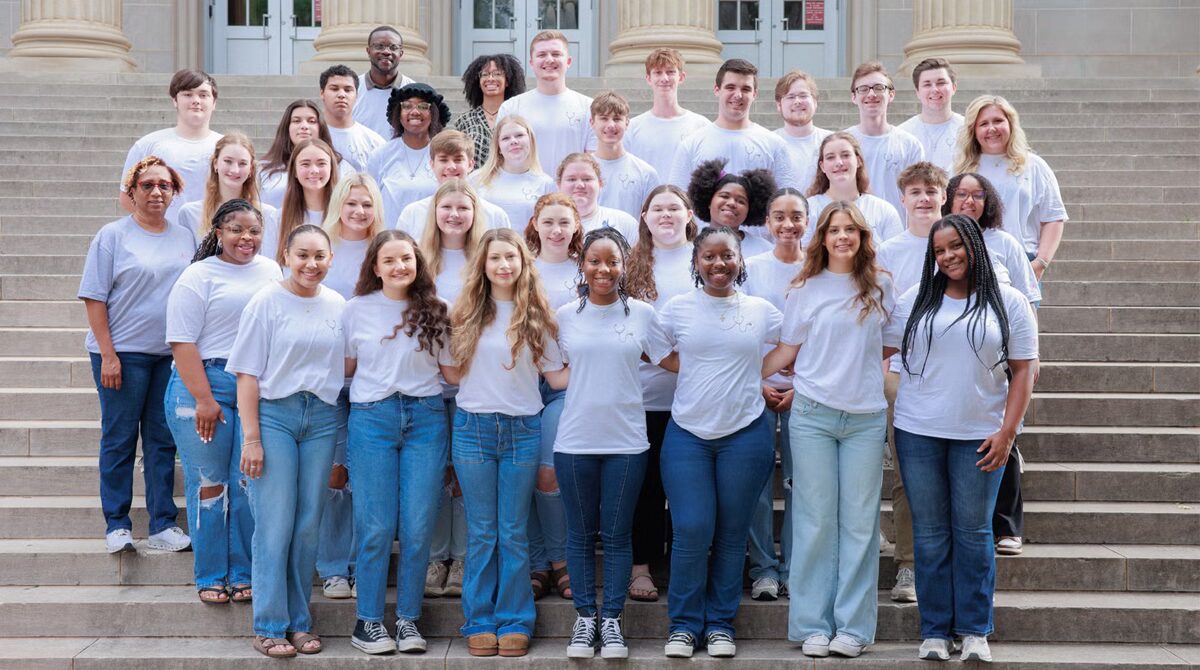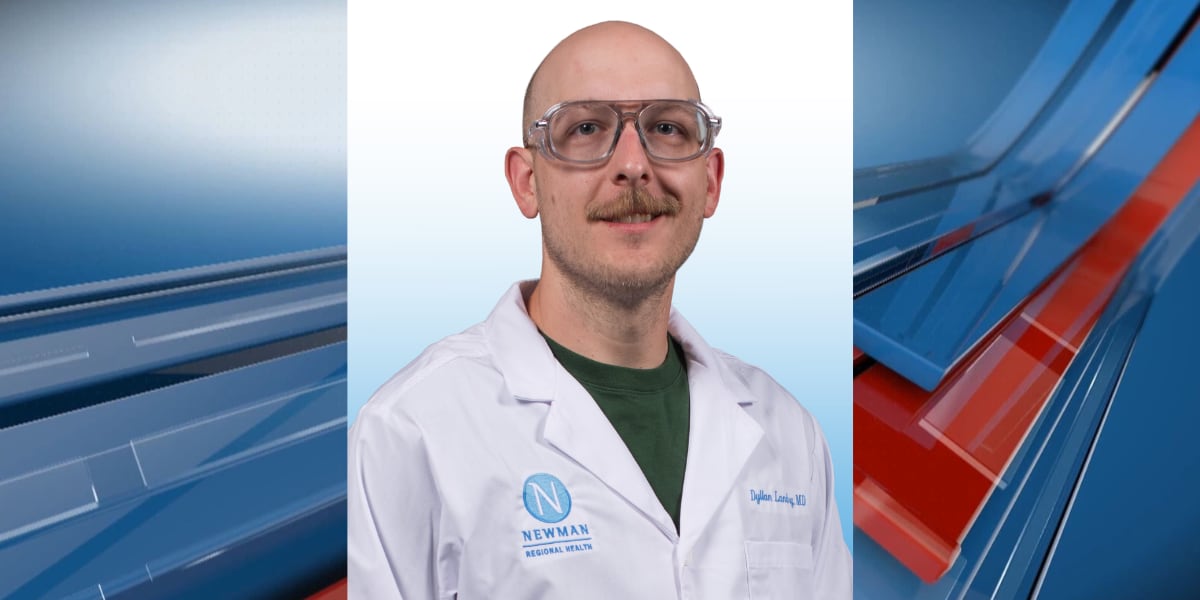Five of the seven gathered in that kitchen were, like Grady, trans; all had experienced their own mental health challenges.
Grady is among the first guests at Anemoni, a new LGBTQ-focused residential home in Holyoke offering support for people in mental health crisis from trained personnel with similar experiences. Fewer than 40 programs nationwide operate such centers, called peer respite homes, as alternatives to inpatient psychiatric care, according to the National Empowerment Center, a mental health support organization. Anemoni, which also welcomes people recovering from gender-affirming surgeries, is the only home in the country, perhaps in the world, exclusively run by and for trans and queer people, experts said.
Planning for Anemoni began almost three years ago, but it opened in late April amid an all-out assault on the transgender rights movement by the Trump administration. On his first day in office, President Trump invalidated the concept of gender identity and ordered the government to recognize only two sexes. The administration has since terminated scores of medical research grants aimed at improving the health of trans and queer populations and has sought to ban gender-affirming care in minors and adults. And, the nation’s 988 National Suicide & Crisis Lifeline are soon expected to stop providing support specifically tailored to the LGBTQ+ community, a population that reports higher rates of anxiety, depression, trauma, and suicidality.
“It’s [expletive] terrifying in the world right now,” said Juniper Holt, Anemoni’s assistant director.
 Wildflower Alliance employees, from left, Ephraim Akiva, Alex Campanario Araica, Juniper Holt, Jennifer Cauldron, and Jordan Fairchild talk at the peer respite house in Holyoke.
Brett Phelps for The Boston Globe
Wildflower Alliance employees, from left, Ephraim Akiva, Alex Campanario Araica, Juniper Holt, Jennifer Cauldron, and Jordan Fairchild talk at the peer respite house in Holyoke.
Brett Phelps for The Boston GlobeAnemoni, operated by The Wildflower Alliance, a Western Massachusetts-based national peer support and training organization, offers a haven within the somewhat protective bubble of Massachusetts. The state’s progressive politics and healthcare policies have helped draw people who identify as LGBTQ+ from across the country, increasing the state’s LGBTQ+ population to 9 percent of all adults in 2022, from about 7 percent in 2016, according to the Fenway Institute. That migration is likely to increase as the population increasingly feels besieged nationwide.
“We’re probably going to get more people asking to come here,” said Holt. “It makes us more necessary.”
In Holyoke, Anemoni is virtually indistinguishable from the other three-story residential homes on its block. Inside, the walls are painted in soothing pastels, with morning sunlight casting gentle shadows. Two bedrooms are still being furnished on the second floor, which smells like new paint. Three bedrooms downstairs are ready and available.
Reese Boucher was the first person to stay at the home. For years, the 29-year-old had listened with growing disgust as his friends used slurs for the queer community and people with disabilities. The Agawam man never felt he could tell them he is pansexual — a term that describes those who are romantically attracted to people regardless of their sex or gender. He is on the autism spectrum and has been treated for anxiety and depression, which led to periods of inpatient care.
In March, he finally cut those friends off, but feelings of isolation and depression became overwhelming. He learned of Anemoni through a contact.
“It’s a beautiful experience [to meet people] I can trust being myself around,” he said.
People stay for up to two weeks in the respite home. The Wildflower Alliance also runs a mobile peer respite support team. The services are fully covered by a $903,000, one-year contract with the state Department of Mental Health. Despite pressure from the Trump administration to kill gender-related programs, state support feels stable for now, said Sera Davidow, the Wildflower Alliance’s director.
Anemoni is “a significant addition to DMH services,” the agency’s commissioner, Brooke Doyle, said, “serving a community that often faces isolation, depression, threats, violence, and related trauma.”
Respite takes different forms for different guests; for Boucher, that means late-night walks to clear his mind.
He contrasted his welcoming stay at Anemoni with conventional psychiatric facilities, where “your freedom is immediately stripped from you.”
Anemoni staff who have had experience with inpatient care described medications and policies that can be ineffective, administered forcibly, dehumanizing, or cause terrible side effects; such treatments can be particularly difficult for transgender people who may find their identities negated, they said.
“People get misgendered, dead named [identified by a name used before they transitioned], harassed in inpatient units all the time, including by staff,” said Jordan Fairchild, director of the Wildflower Alliance’s social justice network. “We have our hormones taken away from us.”
 The Wildflower Alliance's peer respite house opened its doors in April of this year and has served 13 people so far.Brett Phelps for The Boston Globe
The Wildflower Alliance's peer respite house opened its doors in April of this year and has served 13 people so far.Brett Phelps for The Boston GlobeInpatient care also often involves severing virtually all outside ties, said Gail Hornstein, professor emeritus of psychology at Mount Holyoke College. Such isolation can cost people their jobs or housing, she said.
Practioners of peer respite believe people in crisis still have insight into what they need and can form important, therapeutic connections with others who have lived with mental illness.
Ephraim Akiva, senior director of peer respite for the Wildflower Alliance, dislikes the term mental illness for the people at the home. He sees a community suffering primarily from society’s mistreatment of trans and queer people.
“I am living with a lot of trauma in a world that is incredibly hostile to me and people like me,” he said.
Anemoni is a voluntary program. Forced medication is not allowed, restraints are never used, and the doors are not locked to prevent people from leaving. Guests are asked not to use drugs or drink on the property, but won’t be evicted if they aren’t sober.
Most decisions, from basics such as meal and bed times, to taking medications, are left up to the visitors, who are called guests, not residents or patients. If a guest wants to keep going to work, see a familiar therapist, or visit somewhere that calms them, they can.
“All of those things are possible in a peer respite because no one is not only restraining, but controlling or dictating what it is that’s going to be helpful to that person,” Hornstein said.
Bevin Croft, a researcher for the Human Services Research Institute, a Cambridge nonprofit that analyzes health and social service programs, studied a peer respite home in California from 2010 to 2015, and found that people in crisis who had one stay at a peer respite home were 70 percent less likely than those who did not to need subsequent inpatient or emergency services.
“People are just kind of given space and they can kind of do their own thing and that looks different for everybody,” she said.
As of March, DMH reported 718 people occupying beds in the state’s inpatient psychiatric facilities, 16 more than the facilities are supposed to house. But one strength of the peer respite model — a small, intimate setting — also makes it difficult to scale up. The Massachusetts legislature is considering bills to establish peer respite facilities in every county, along with another home solely for the LGBTQ community and two for nonwhite people.
For Grady, one of the most damaging consequences of her recent trauma was the deepening sense of loneliness.
“I’d like some semblance of not being so alone in the big, great, wide,” said Grady, who is from Northhampton.
At Anemoni, she found empathy.
A week at Anemoni didn’t heal Grady or take away the pain, but it did give relief.
“It makes me feel less weak, less alone, less afraid,” she said.
Jason Laughlin can be reached at jason.laughlin@globe.com. Follow him @jasmlaughlin.









 English (US) ·
English (US) ·